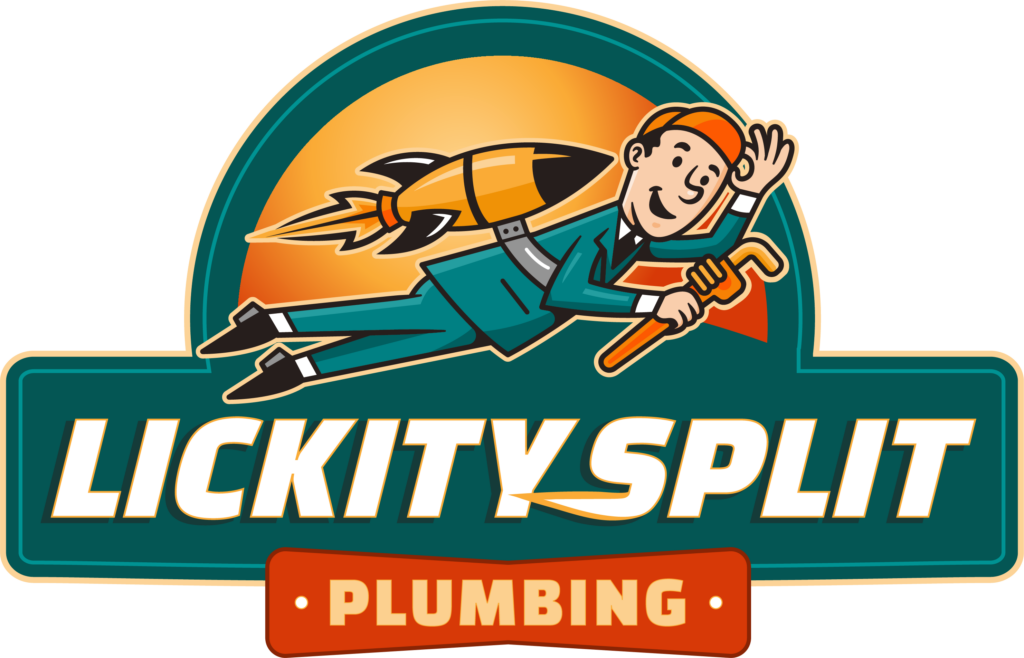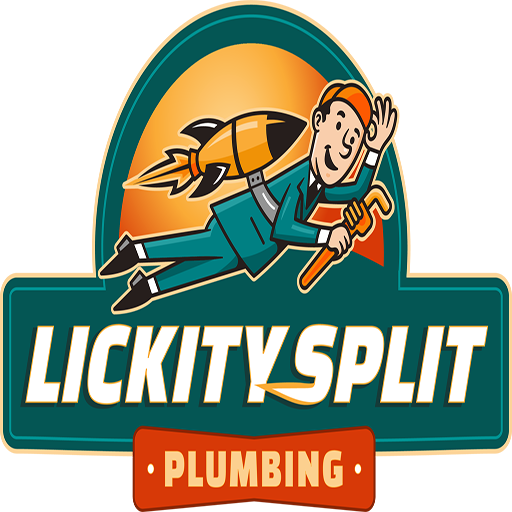Professional Drain Cleaning Solutions in Lafayette, IN
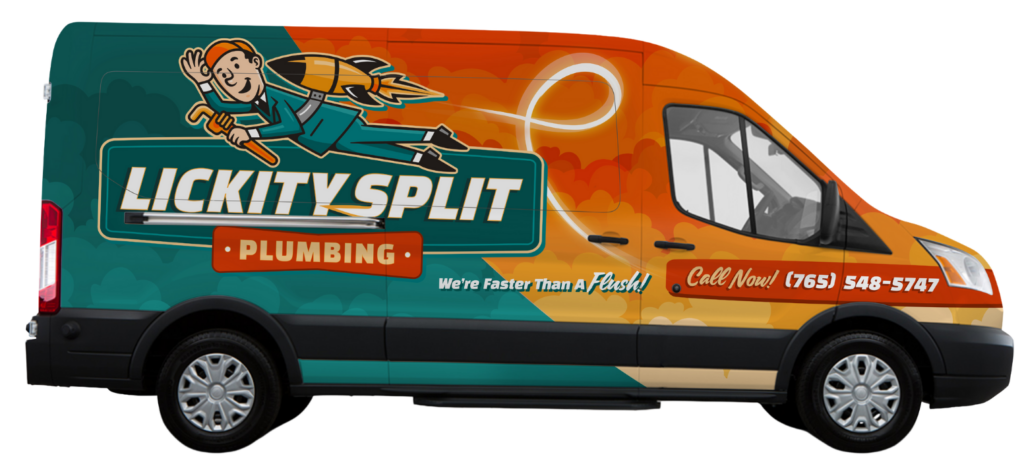
Call Today!
Thank you for reading this post, don't forget to subscribe!Schedule an Appointment!
We're Only a Short Call Away!
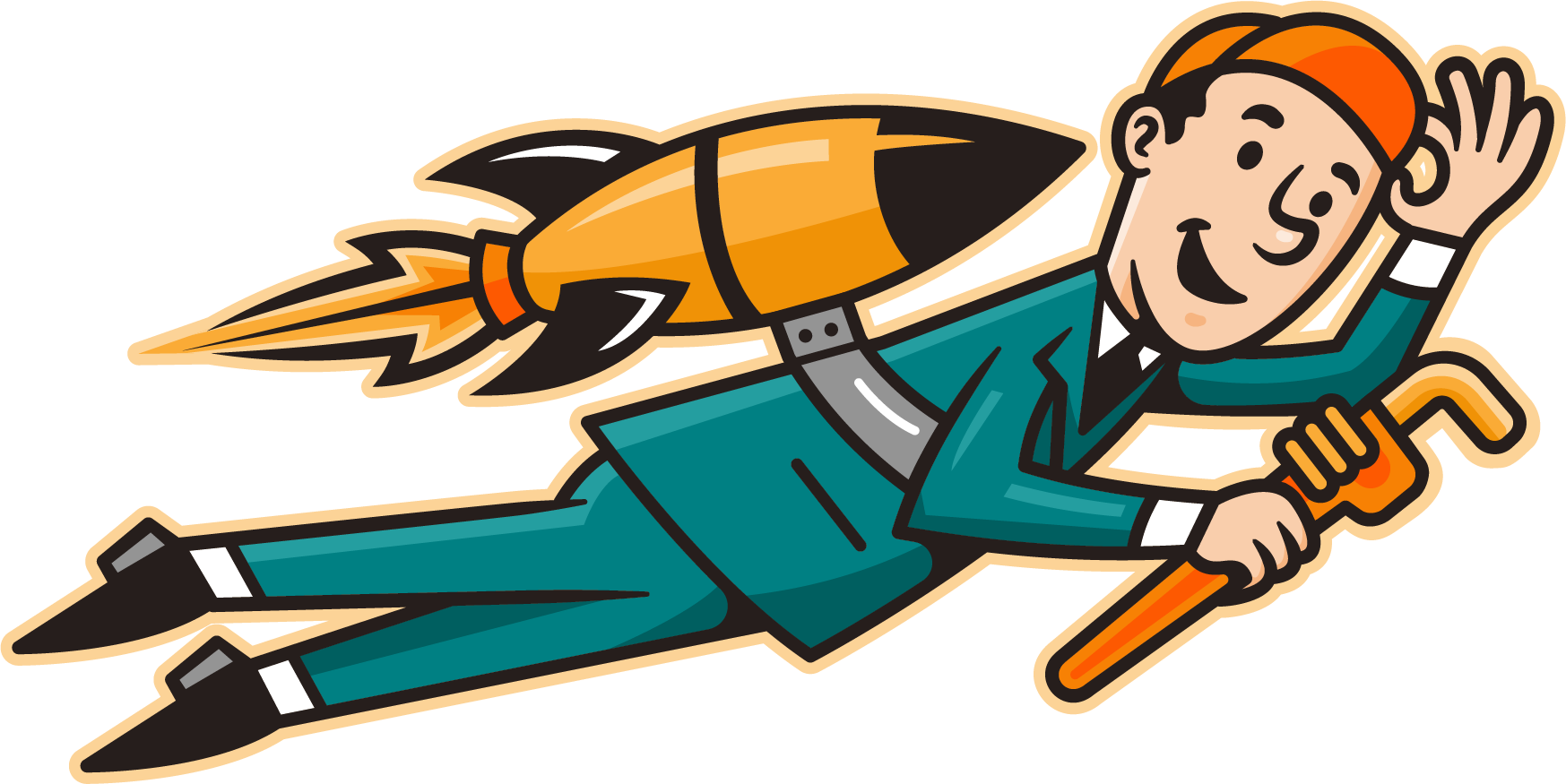
The Significance of Drain Maintenance
Neglecting your drains allows them to accumulate debris over time, including food particles, grease, hair, soap residue, and more. Clogged drains hinder the flow of wastewater in your home, leading to frustrating water backups. If left untreated, this can result in slow drains throughout your household or even cause damage to your plumbing system.
Severe clogs can also expose you to highly-contaminated sewage, posing significant health and hygiene risks. Therefore, it’s crucial to address drain issues promptly.
Regular drain cleaning is essential for maintaining a functional plumbing system. If you require assistance managing your drain pipes, our expert plumbers are here to help. Our drain cleaning services effectively remove harmful debris and soap buildup, preserving the integrity of your drain pipes.
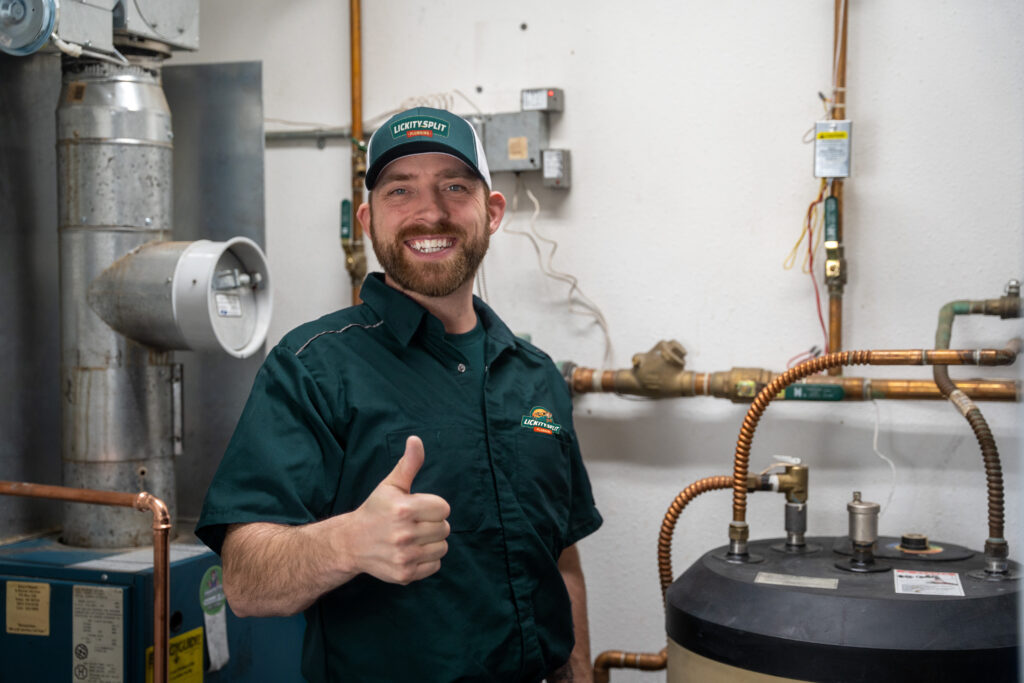
Signs You Need Drain Cleaning
Watch for various signs that your drains require thorough cleaning. If you encounter any of the following issues, don’t hesitate to contact our team for professional drain cleaning:
- Your sink and shower drains empty slowly
- There is a blockage which doesn't drain water at all
- Your drains make bubbling or gurgling noises
- The drains have an unpleasant odor
- Your toilet floods when you flush it
- The water level in your toilet bowl is inconsistent
- Sinks flood when you flush the toilet
These issues are indicative of a blockage within your drain line. Ignoring them can exacerbate the problem. Lickity Split Plumbing can efficiently remove the clog and restore the functionality of your plumbing system.
Is Professional Drain Cleaning Necessary?
Typically, you can maintain your drain plumbing independently to prevent clogs from everyday buildup like hair, grease, and soap residue. We recommend utilizing all-natural solutions for flushing small blockages from your drain.
An effective method involves pouring baking soda followed by vinegar down your drain, using common household products. It’s essential to avoid chemical drain cleaners as they contain harsh ingredients that can damage your pipes.
While DIY drain cleaning can suffice for minor clogs, persistent issues or water backup in multiple drains may indicate a larger problem. In such cases, it’s advisable to seek professional assistance. Contact our friendly team, and we’ll conduct a thorough inspection of your plumbing system.
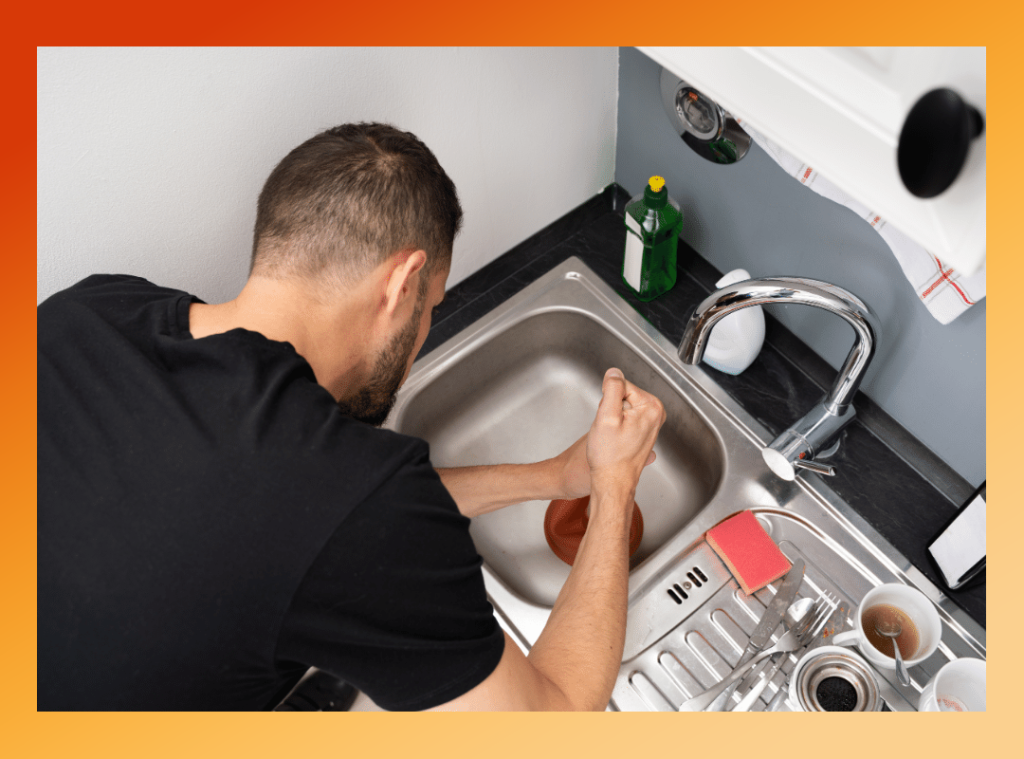
People also want to know
When it comes to addressing issues with your sink, shower, toilet, or floor drains, our plumbers utilize various drain cleaning methods to eliminate clogs. Common techniques include:
- Snaking
- Hydro jetting
- Vacuum excavation
- Rooter service
Each method offers unique advantages, and the choice depends on the specific nature of the clog. For instance, small, localized clogs often require snaking with an auger, which involves threading a coil through the pipes to dislodge the blockage.
However, if your sewer line is affected by tree root intrusion, a more robust solution like rooter service may be necessary. After assessing your plumbing and understanding the nature of the clog, our technicians will recommend the most suitable approach for your situation.
When you rely on Lickity Split Plumbing for drain cleaning services, we adhere to a comprehensive checklist for each job. We initiate the process by discussing your existing drain concerns and any issues you’ve encountered.
Following this, we conduct a thorough inspection of your drain lines’ plumbing. For deep sewer lines, we deploy a waterproof camera to visually assess the clog and evaluate the overall condition of the pipes. This inspection guides us in determining the most appropriate cleaning method.
Regardless of the approach selected, we remain committed to resolving the clog completely and ensuring your drains operate smoothly once more before concluding our service.
Opt for Lickity Split Plumbing for Premium Drain Cleaning Services
For persistent clogs and issues with sewer lines, contact Lickity Split Plumbing for professional drain cleaning services. Call (765) 548-5747 to schedule an appointment today.
